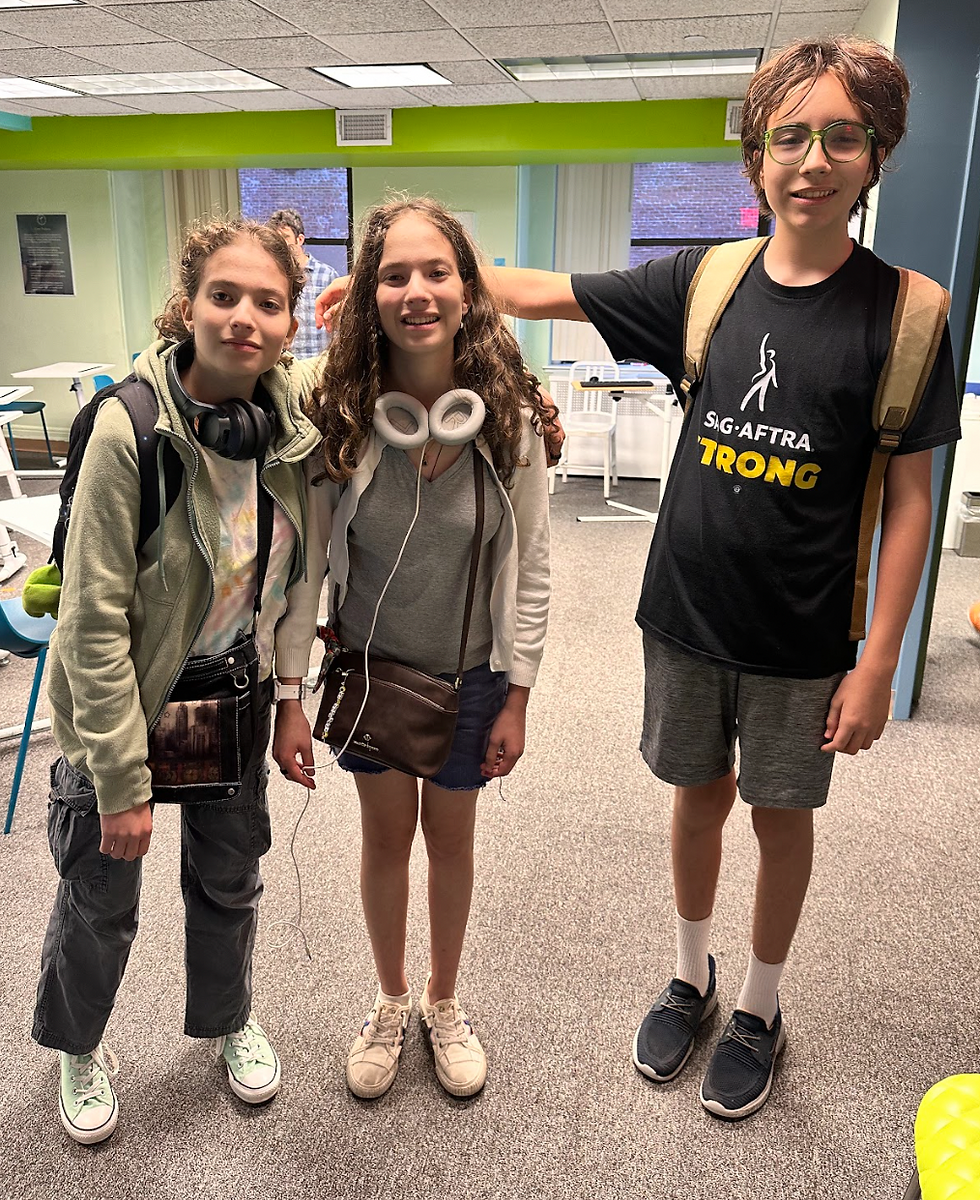The Most Important Work That a School Can Do
- Mark Silberberg

- Oct 7, 2024
- 4 min read
On our admissions tours, I often share this quote from Patricia Schuler that speaks to the challenges that 2e learners often face when they find themselves in learning environments that don't align with their needs:
Twice-exceptional (2e) children live a daily struggle trying to understand themselves and the educational world they face. We often hear their frustration, anger, stress, anxiety, and denial. We often see their depressive symptoms, fear of failure, dependency, and social distress. They struggle to maintain a precarious balance between dealing with the expectations of being gifted and desperately trying to cope with learning, emotional, and social difficulties.

When 2e learners find themselves in these untenable circumstances they unfortunately often turn inward and question their own worth and value instead of seeing this misalignment as having important external origins. At Lang, when all the talk of program design, enrichment and support is done, our central animating purpose is really a quite simple one: How do we ensure that every student regularly encounters joy and purpose in their school experience?
It seems a simple step from the daily encounter with joy and purpose to finding value and worth in oneself and in others. I recently came across this post in my feed that I think resonates with our work at Lang and hopefully with your journey as the parent of a 2e learner:
One day, a child approached their father and asked,
What is my life worth?
The father handed the child a small stone and replied,
Take this stone to the market. If anyone asks the price, raise two fingers and don't say anything.
The child did as they were told and went to the market. An old woman approached and asked,
How much is that rock? I want it for my garden.
The child held up two fingers, to which the woman replied,
$2? I'll take it.
Before she could complete the deal, the child turned and ran home to explain what had happened. The father nodded and said,
Ok, now take the stone to the museum. If anyone asks the price, raise two fingers and don't say anything.
The child did as they were told and went to the museum. A man in a suit approached him and asked,
How much is that stone? I want it for my home.
The child held up two fingers, to which the man replied,
$200? I'll take it.
Before he could complete the deal, the child turned and ran home to explain what had happened. The father nodded and said,
Ok, now take the stone to the precious gem store. If the owner asks the price, raise two fingers and don't say anything.
The child did as they were told and went to the stone store. The owner of the store approached the child and asked,
Where did you find that rare stone? I have been looking for it my entire life. How much will you sell it for?
The child held up two fingers, to which the man replied,
$20,000? I'll take it.
But once again, before he could complete the deal, the child turned and ran home to explain what had happened...
The lesson of the story is a powerful one [and with a few adaptations from the original post]:

Lang students choose their own worth. They determine their value. At Lang, we believe that worth is not fixed—it is a dynamic, environment dependent quality. Just as the stone can be a $2 rock in the market or a $20,000 stone in the precious gem store, Lang exists as a school — that right environment — so that each student can discover their full worth.
For many Lang students, their prior-to-Lang learning environments were places where they were poorly valued, too often surrounded by people who didn't see their potential, who only saw limits, who didn't cultivate promise, who criticized instead of supported. And the problem with this is that it can result in the learner coming to believe that they are limited, static. And this leads to the individual becoming overly hard on themselves, lamenting their failures and missteps. They begin to tell themselves that their future is fixed and one that will be absent of joy and purpose.
Or...

Learners can choose an environment where they are highly valued, surrounded by people who lift them up, who encourage them to think bigger, who pair high expectations with high support, who believe in them even when they may not believe in themselves. At Lang, students come to see themselves as unlimited, dynamic. They hold themselves to a high standard, and view setbacks as an opportunity to learn and change. They can set boundaries when needed. They can tell themselves that their future is in their control.
Lang supports learners so that they can choose their own worth:
They can choose to place themselves in environments where people will see them for their highest potential.
They can choose how they treat themselves.
They can choose their value.
This, we believe, is the most important work that a school can do.






Comments